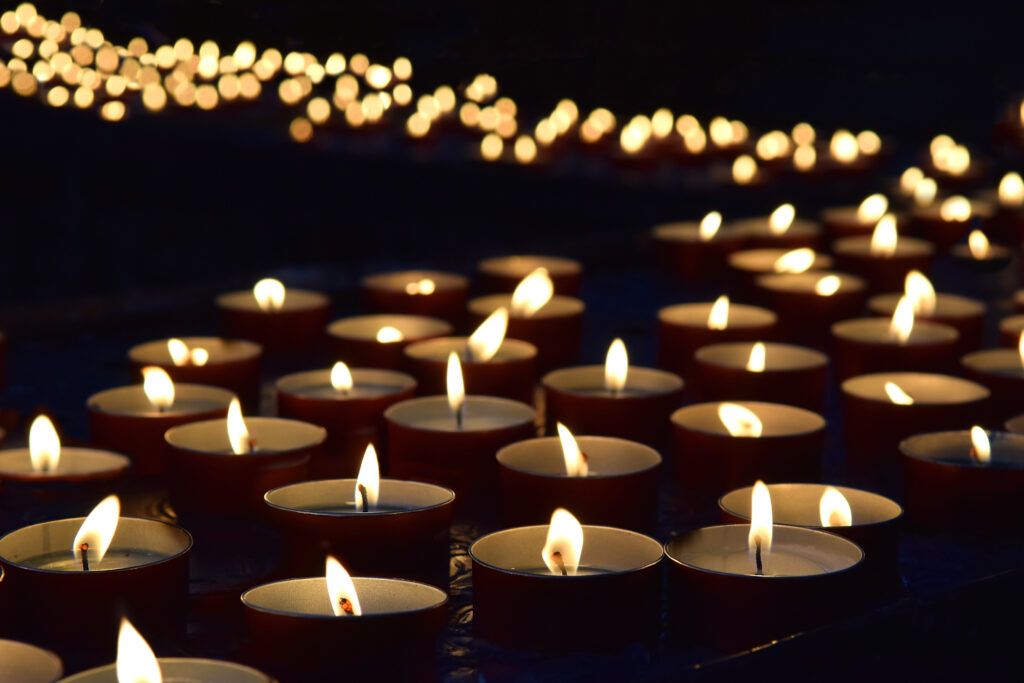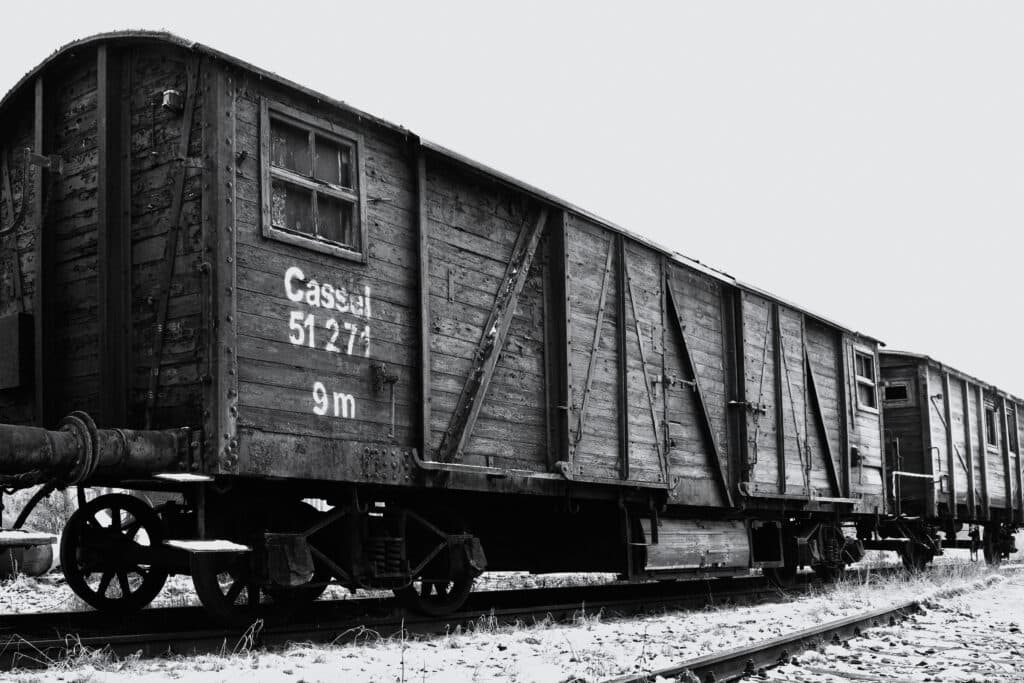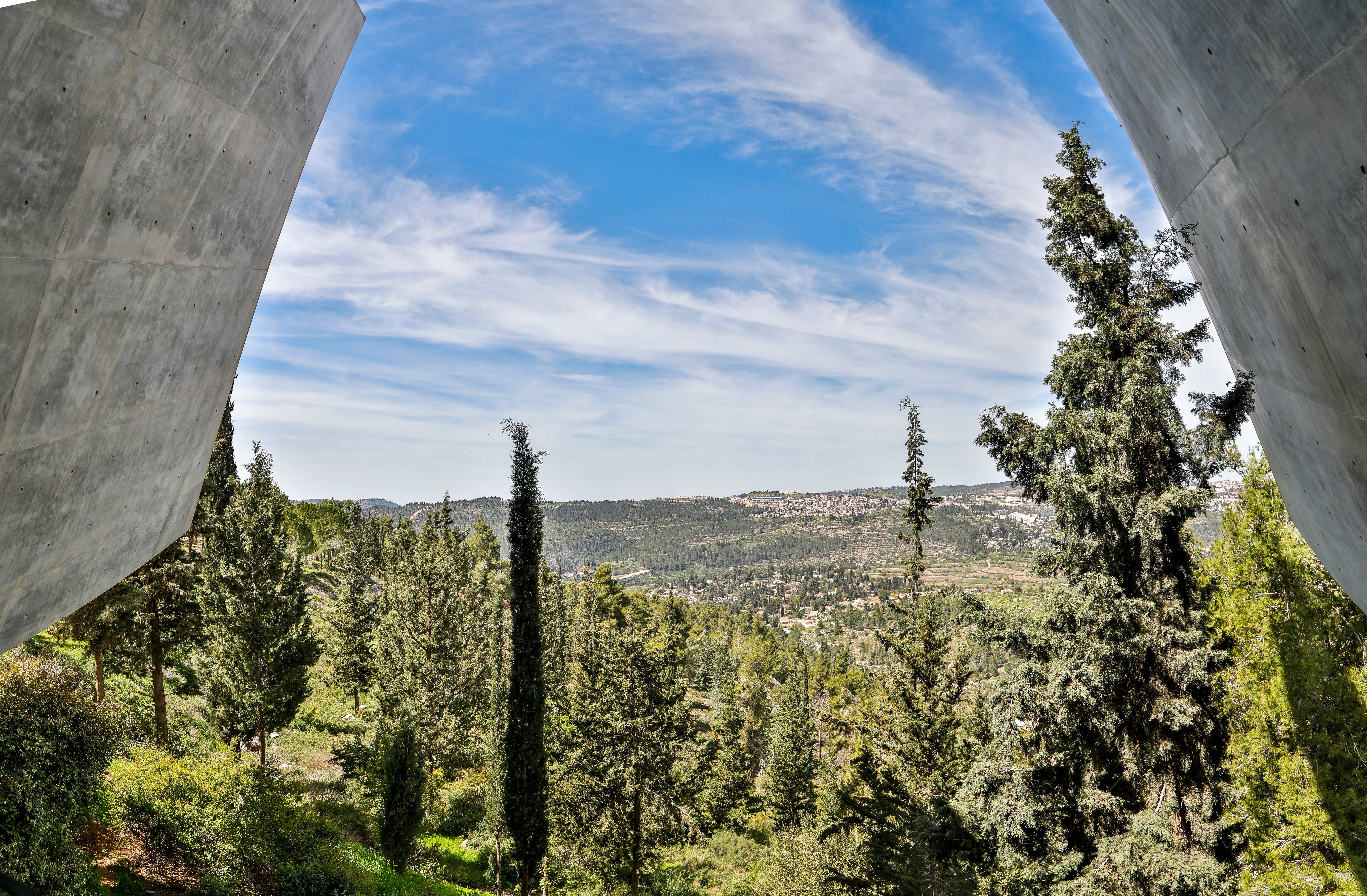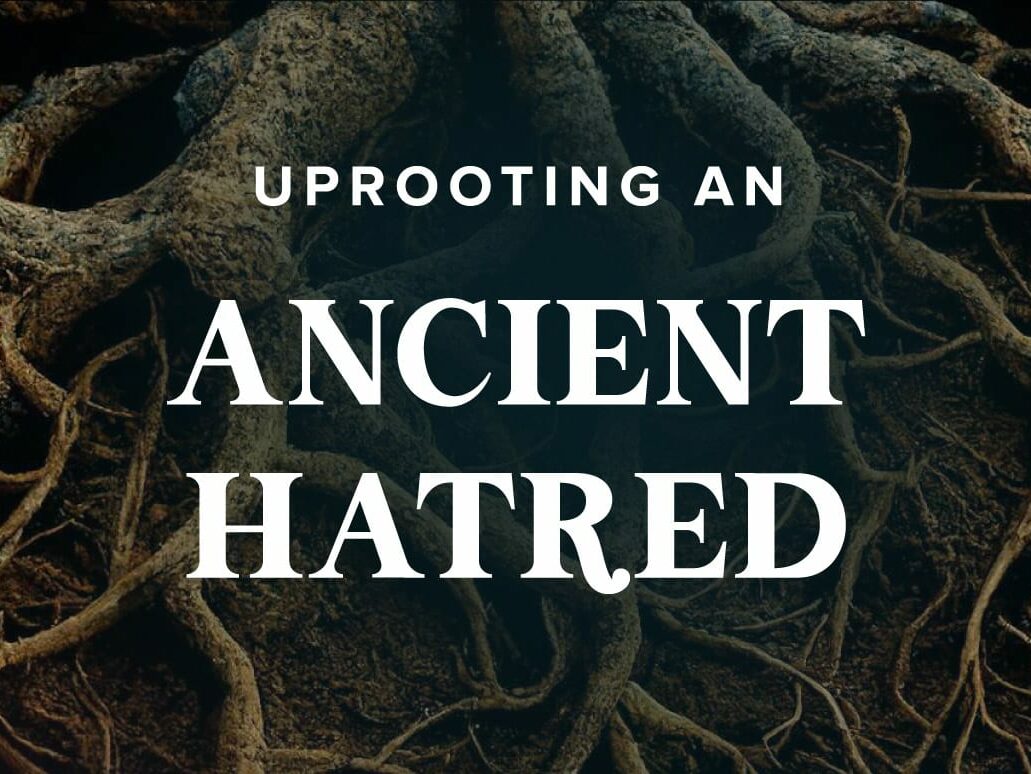The Holocaust Remembrance Day is broadly observed on January 27, although some countries hold additional commemorations throughout the year.
In Israel, we remember the victims of the Holocaust in the Spring, on the 27th of Nisan, a day called Yom HaShoah. It usually falls in late April or early May in the Gregorian (western) calendar.
Why are such days important?
In Israel, on Yom HaShoah we say, “Never Forget” and “Never Again”. We vow to never forget the tragedy that occurred and the innocent lives lost. And never again is a commitment to cut off all antisemitism and every form of racism at the root.
Holocaust Remembrance Day
The General Assembly of the UN chose the January date to mark the anniversary of the liberation of the Auschwitz-Birkenau Concentration Camp in 1945. Officially called the International Day of Commemoration in Memory of the Victims of the Holocaust, this solemn memorial day reminds us of some of history’s darkest pages.
The Nazis killed over six million Jews during the second World War. Meaning, one third of the global Jewish population was gone in about 5 years. It’s truly a scary thought that it happened at the hands of mankind.
But when we remember the Holocaust, we do not want to focus our attention to the oppressor and the evil of those days. On Holocaust Remembrance Day, we want to remember the innocents that perished. We want to learn their stories and keep their memory alive.
Meaning of the Word “Holocaust”
The word Holocaust comes from Greek and means “complete burnt sacrifice” – where the word “sacrifice” can also mean slaughter or destruction. In late twentieth century the word has been used to specifically describe the horrors of Nazi extermination.
“Holocaust” can refer to the death of the Jewish people, but it can also be used in a broader sense. In the concentration camps, the German forces also killed many Slavic and Roma people (the inferior race) along with the disabled and other minorities.
For this reason, to refer specifically to the attempted annihilation of the Jewish people many use the Hebrew word “Shoah” instead. Shoah means calamity, and with the prefix Ha- (the) it is clear to mean the tragedy that was the Holocaust.
Interestingly, the Hebrew word “Shoah” appears in the Bible. In Zephaniah 1:15, it used in the context of the “terrible day of the Lord”. And in Job 30:3, the protagonist uses it in describing his anguish.
The Chilling Memorial Day Takes Us Back
What exactly happened on January 27, the day we remember the Holocaust victims? As mentioned above, it was the day of liberation of the Auschwitz-Birkenau Camp. But what lead to that?
Before the outbreak of the Second World War, around 8.6 million Jews resided in Europe. It was supposed to be a safe place for them – a civilized world where they could grow and flourish. But the rising antisemitism turned the lives of the Jewish people into a nightmare.
The Nazis built camps all across Eastern Europe, most of them in Poland where, at the time, majority of the European Jews resided. Auschwitz-Birkenau was the largest and worst camp of all. It would be inaccurate to just call it a labor camp or a concentration camp. No. It was truly a death camp.
To read more about the reality of those days, check out this article and this article.
When the Soviet troops arrived at Auschwitz to liberate the prisoners, they found approximately 7,000 of them remaining. Many were so malnourished and abused that they were unable to move. Seven thousand is a lot. Yet, that number is small compared to an estimated million of innocents who were brought into Auschwitz and never made it out alive.
Commemoration means Remembering the Victims
The UN Resolution 60/7 urges all UN Member States to remember and honor the victims of the Holocaust in many ways. Firstly, it calls on the educators to develop programs to educate and prevent future acts of genocide. It acts to combat Holocaust denial as well.
The resolution ensures that the lessons of the Holocaust are passed on to future generations. We need to learn from them in order to promote tolerance and to prevent any forms of antisemitism. It also calls for protecting the Holocaust sites, like the camps, ghettos, and cemeteries.
So the motivation for this move by the UN was twofold. For one, we need to guard the memory of those who perished during the Holocaust. And second, we aim to educate future generations of what happened.
UN Themes for Holocaust Memorial Day
Since 2010, the UN has designated specific themes for the annual memorial day. The theme for 2023 commemorations has been Home and Belonging:
“The theme highlights the humanity of the Holocaust victims and survivors, who had their home and sense of belonging ripped from them by the perpetrators of the Holocaust. The violence of exclusion began with disinformation and hate speech… The theme reminds us of our responsibility… to counter hate speech, antisemitism, Holocaust distortion and denial, and prejudice – to do all we can to prevent genocide.”[1]
Other Days to Remember Holocaust Victims and Survivors
As mentioned earlier, the Holocaust Memorial Day in Israel is called Yom HaShoah and happens in the Spring.
While January 27 remains a significant remembrance day, when government officials and diplomats partake in ceremonies across the country, it is not the same as the national memorial day.
This “Calamity Day” in Israel falls on the anniversary of the Warsaw Ghetto Uprising, which began on April 19th, 1943. The Warsaw Ghetto was the largest of the Jewish ghettos established by the Nazis in occupied Poland during World War II.
The Uprising continued for more than a month, and it was the first large-scale and armed rebellions against the Nazis. Although the resistance was ultimately unsuccessful, the rebels managed to inflict significant casualties on the German forces and delayed more deportations to the concentration camps.
How Do We Remember the Heroes that Perished?
On every Holocaust Remembrance Day, we mourn the devastating genocide of six million Jewish people and several million social outcasts. It was an incomprehensible loss that we will never understand.
At the same time, we pray for the survivors and their families. Every year, there are fewer of them, since the youngest survivors are over the age of 80 at this point. So we want to show them the love of God as long as we can.
“I will bless those who bless you, and whoever curses you I will curse; and all peoples on earth will be blessed through you.” Genesis 12:3
We value every life and we stand with the oppressed. The Holocaust is a stark reminder of what hate can lead to, unopposed. Antisemitism is alive today and the Bible reminds us that we carry a responsibility to cut it down at its root. God Himself will watch over His people and we can play a role in seeing His promises come to pass.
“I will save my people from the countries of the east and west and I will bring them back and they will live in the midst of Jerusalem; and they shall be My people, and I will be their God in truth and righteousness.” Zechariah 8:8
Thus says the Lord God: “Behold, I will lift My hand in an oath to the nations, and set up My standard for the peoples; They shall bring your sons in their arms, and your daughters shall be carried on their shoulders… They shall bow down to you with their faces to the earth, and lick up the dust of your feet. Then you will know that I am the Lord, For they shall not be ashamed who wait for Me.” Isaiah 49:22-23
Uprooting an Ancient Hatred: What You Need to Know about Antisemitism – Free Video + PDF Guide Mini-series
What do you need to know about antisemitism? Find out in this unique 4-part mini-series that our education department developed especially for you.
- What is antisemitism? Why the rise in Jew-hatred today?
- History of antisemitism: Is this a part of Christianity?
- Antisemitism today
- How the Church can fight antisemitism
Articles Related to Holocaust Memorial Day
- Holocaust Survivors – Heroic Overcomers in Israel
- New Year Bible Reading Plan: Pray for Israel
- The History of Antisemitism in the Church
- Antisemitism: Why are Jews Persecuted?
- Coming of Age in 2020 // How to Encourage Young Adults in Israel
Estimated reading time: 6 minutes
[1] https://www.un.org/en/outreach-programme-holocaust/2023-theme-holocaust-remembrance-and-education-home-and-belonging, accessed on Jan 27, 2023.



